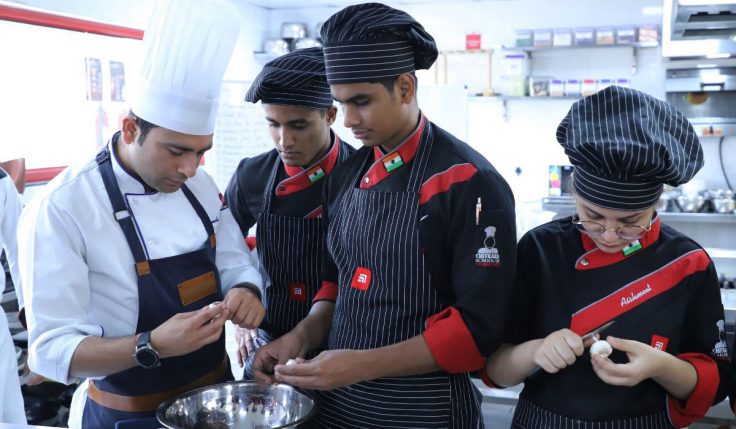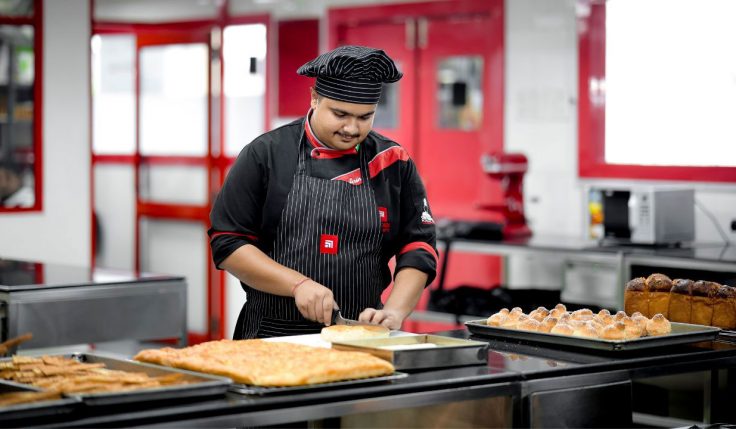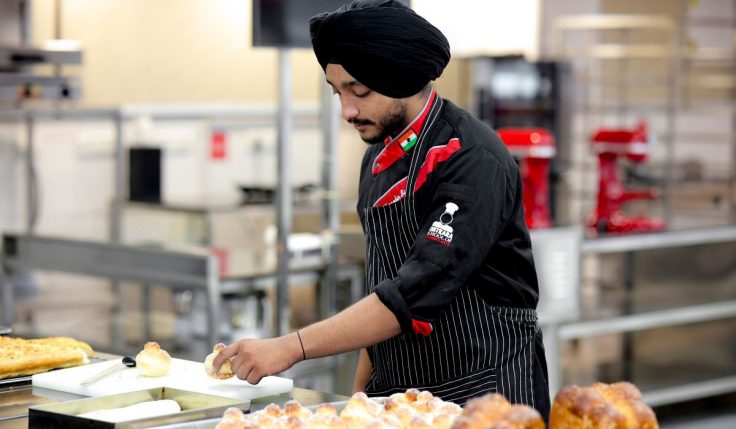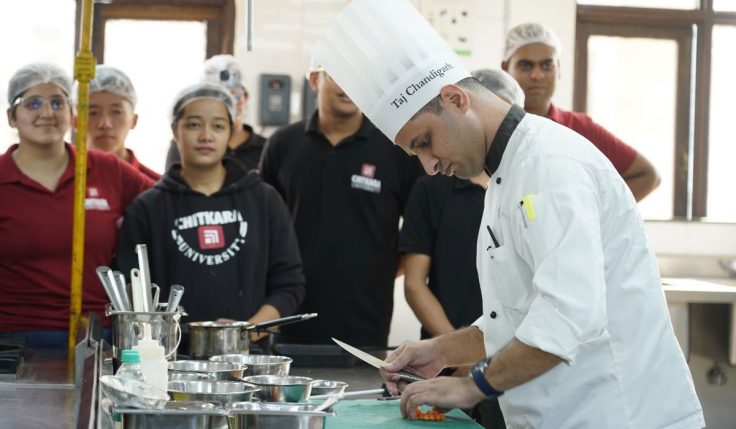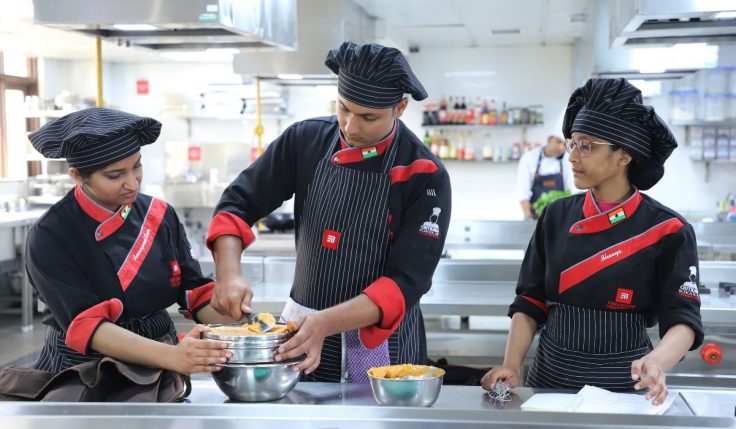Baking is art and science, a marriage of technique and creativity to produce mouthwatering foods that set the senses on fire. Any aspiring baker will need to hone flavor and texture, whether making the crunchiest hand-made bread, a decadent chocolate cake, or a soufflé so light it’s as if it was made of air. Professional baking courses give the technical and knowledge foundation to be a culinary master, and therefore are the best place to begin to discover this career.
The Foundation of Professional Baking
Professional baking schools teach a comprehensive curriculum that progresses from fundamental techniques to more advanced concepts. Students are taught the chemistry of major ingredients such as flour, yeast, and sugar and how each of them influences texture and taste. Practical training is typically integrated into courses such that students get to experiment with new opportunities under the guidance of veterans. The students will be more than capable of handling baking problems in the real world due to this real-world experience.
Mastering Flavors
A fundamental aspect of baking is the generation of flavor. Courses instruct learners in combining ingredients to develop compelling and complementary flavors and assist them in experimenting with diverse flavor properties. Key aspects of focus include:
Flavor Pairing: If you are aware of the ingredients that harmonize best with one another, you might enhance the flavor.
Herbs and Spices: Common meals can be enhanced with new ingredients such as cardamom or thyme.
Seasonal Ingredients: To get maximum flavor and freshness, incorporate fresh seasonal items.
By mastering these techniques, aspiring bakers can develop signature recipes that stand out in the competitive culinary landscape.
Perfecting Textures
Texture in baking is as critical as flavor; it takes plain pastries to an outstanding level. Professional classes focus on techniques that impact texture, such as:
Blending Techniques: Structure of baked food is altered by techniques such as creaming, folding, and whisking.
Temperature Regulation: Ingredients such as melted butter or chocolate are influenced by proper temperature regulation, ensuring optimum texture.
Baking Timings: A perfectly raised masterpiece and an undercooked meal are separated by exact time.
To achieve the necessary texture in many different types of baked products, ranging from moist brownies to light pastries, students come to understand how these elements respond to one another.
Career Opportunities in Baking
Graduates of the B.Sc in Bakery and Pastry Arts can explore diverse career paths, including:
- Pastry Chef
- Entrepreneur
- Pâtissier
- Food Stylist
- Product Developer
- Pastry Chef Trainer
- Educator/Lecturer
- Bakery Operations Manager
- Culinary Consultant
- Food Product Innovator
Conclusion
Learning expert baking classes to perfect flavors and textures sacrifices a universe of creativity and possibility. Such courses help ambitious bakers develop their skills and craft unique, memorable baked items by offering hands-on training and thorough knowledge of baking science. Whichever kind of job you would like to do, whether it’s in a bustling bakery, a restaurant, or your own business venture, acquiring a professional baking degree provides a good foundation for a successful career in this tasty satisfying industry. Take baking on as an art and try out varying flavors and textures!
Transform Your Passion with a B.Sc in Bakery and Pastry Arts (BPA)
Chitkara University’s Bachelor of Science (B.Sc.) degree in Bakery and Pastry Arts is designed for those who share a keen interest in cooking and wish to explore this interest as a profitable vocation. The comprehensive three-year course focuses on menu planning, bakery and pastry management, and entrepreneurial skills coupled with the synthesis of rigorous academic training and on-the-job experience. Through internships with renowned companies, international chains, and celebrity chefs, students undergo mandatory industrial exposure and gain invaluable hands-on experience in the baking and pastry management industry.
Also, read this blog post: B.Sc in Bakery and Pastry Arts: Turning Sweet Dreams into Careers
With over 1,000 kitchen hours, the curriculum is heavily focused on experiential learning and ensures that students gain both core business knowledge and culinary skills. Students who acquire a curriculum that blends operating knowledge with creative training are best placed to occupy leadership roles in the food industry. Through master classes and workshops, they are able to engage with veteran instructors and business leaders, learning about the latest techniques and best practices in the bakery and pastry arts.
Graduates are able to seek diverse employment upon graduation, such as employment as pastry chefs, businesspeople, and culinary consultants. Prospective professionals discover the B.Sc. in Bakery and Pastry Arts to be a great launching pad, with guaranteed placements at top companies like Marriott and Hilton. Students at Chitkara University are well-equipped to excel in the thrilling and rewarding profession of baking and pastry arts through the combination of a sound course of study with hands-on experience.

